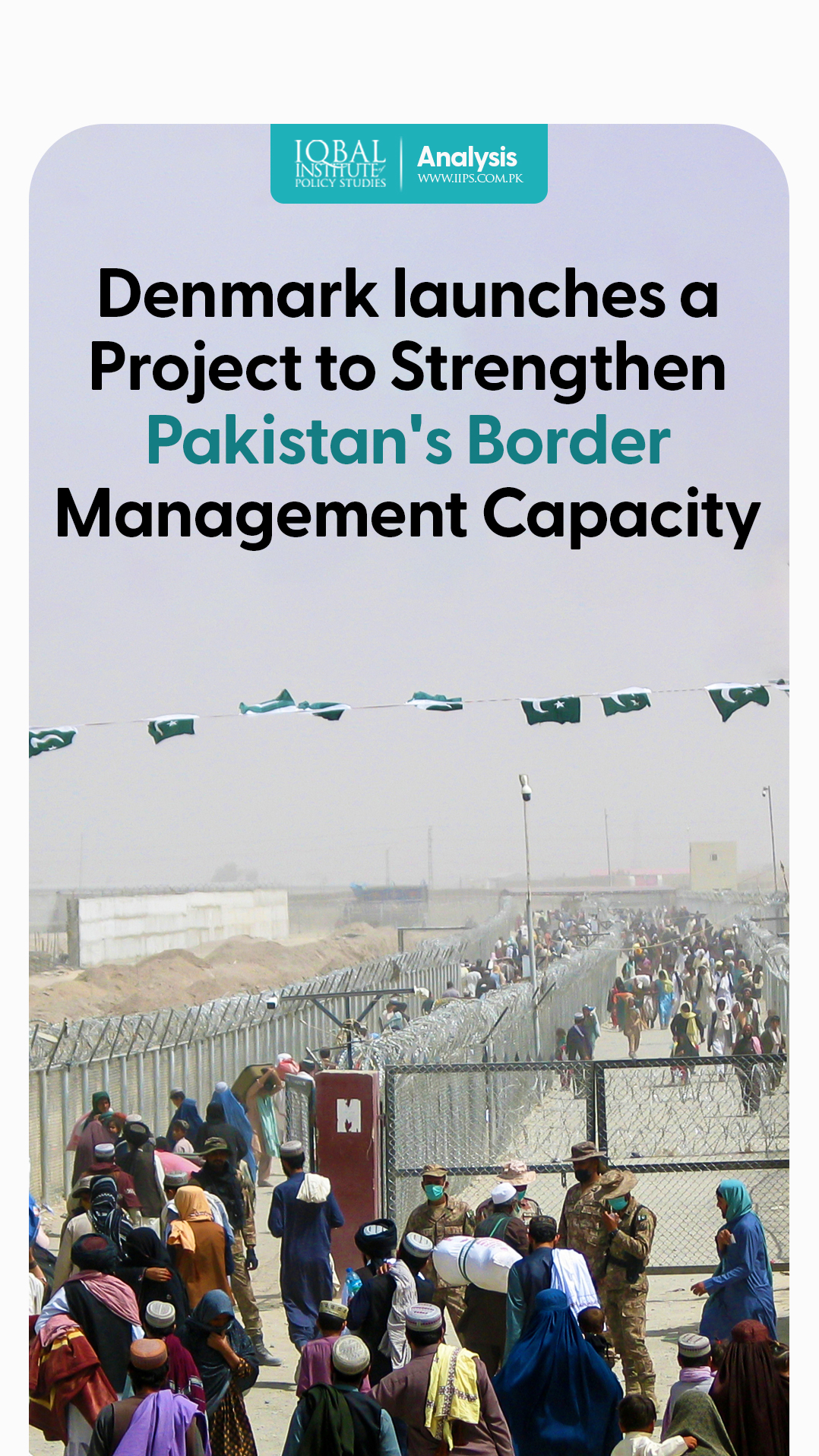One of the most difficult challenges a country faces in migration policy is finding a balance between competing and seemingly conflicting priorities. On the one hand, migration provides great potential to promote economic growth and social development through the skills, dynamism and innovation that migrants bring. On the other hand, a country also has a legitimate interest in safeguarding national security and combatting transnational crimes such as trafficking, smuggling and terrorism.
However, effective border management can help a country achieve a more balanced approach that enhances their national security, complies with international law, protects their rights, and reduces the potential vulnerabilities of those crossing borders. Therefore, good border management serves a dual purpose, helping balance the country’s interests in facilitating cross-border movements and maintaining security.
However, migration is a multi-faceted issue in Pakistan, as hosting some 3 million Afghans presents several challenges and opportunities. However, only through holistic approaches, Pakistan can make meaningful progress toward comprehensive migration management in the country. In this regard, the Government of Pakistan has made efforts to facilitate safe, orderly and regular migration by implementing efficient and effective border and migration management practices.
Many countries, including the US, Japan, and Denmark, have supported Pakistan in improving the capacity of the country’s border management agencies, police and prosecution services. Recently, Denmark has launched a project, Rights-Based Border Management in the Silk Routes Countries, to support Pakistan in implementing sustainable, rights-based border management practices in document security and control of national borders. The project aims to equip several airport border crossing points and a documented laboratory with advanced technical equipment and provide training and technical expertise to improve the functioning of document examination and identification processes at border crossing points. Furthermore, it will also contribute to safeguarding the rights of vulnerable migrants, reducing the capacity of organised crime groups, and facilitating cross-border economic activity and trade.



Leave a Reply